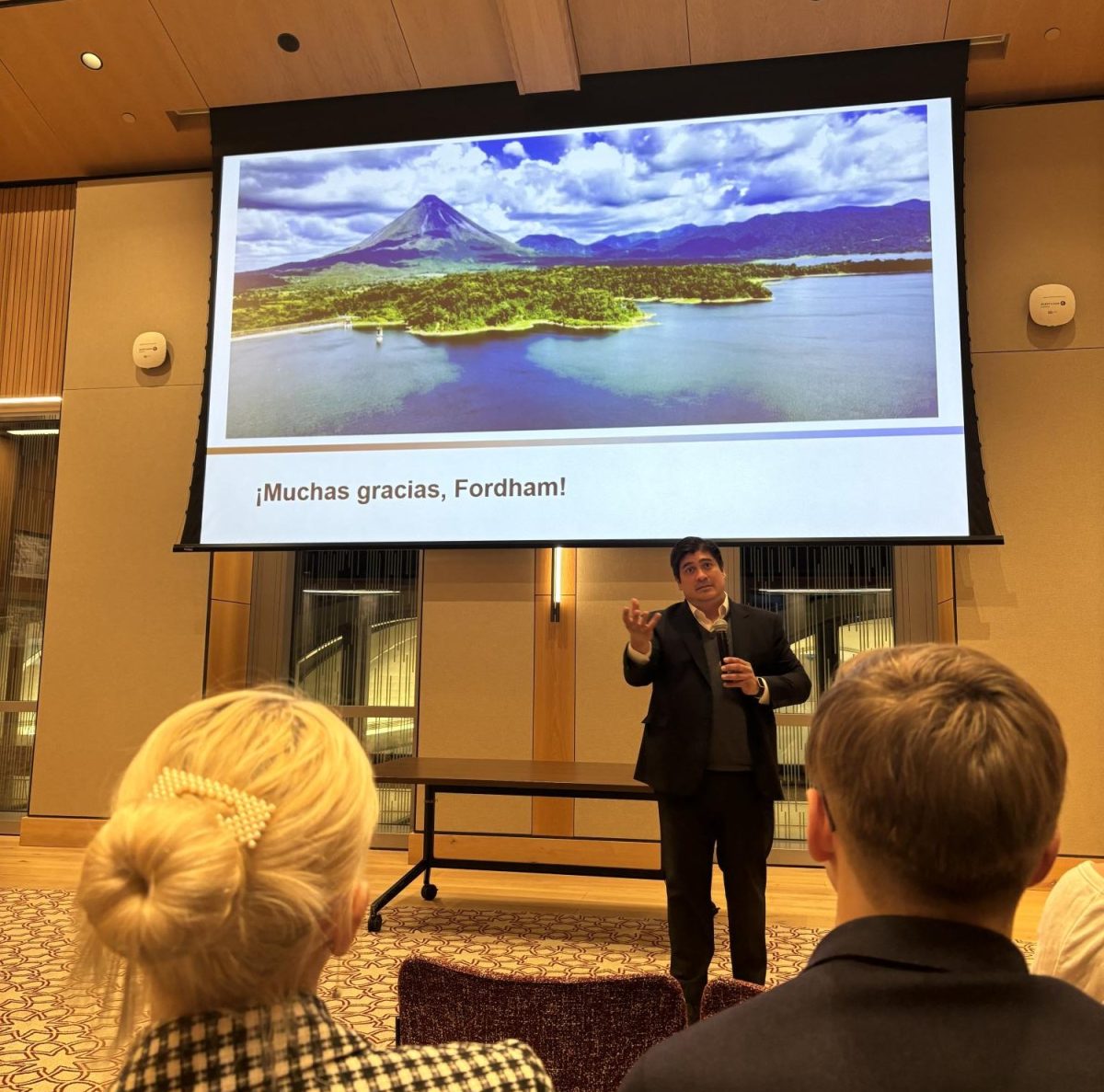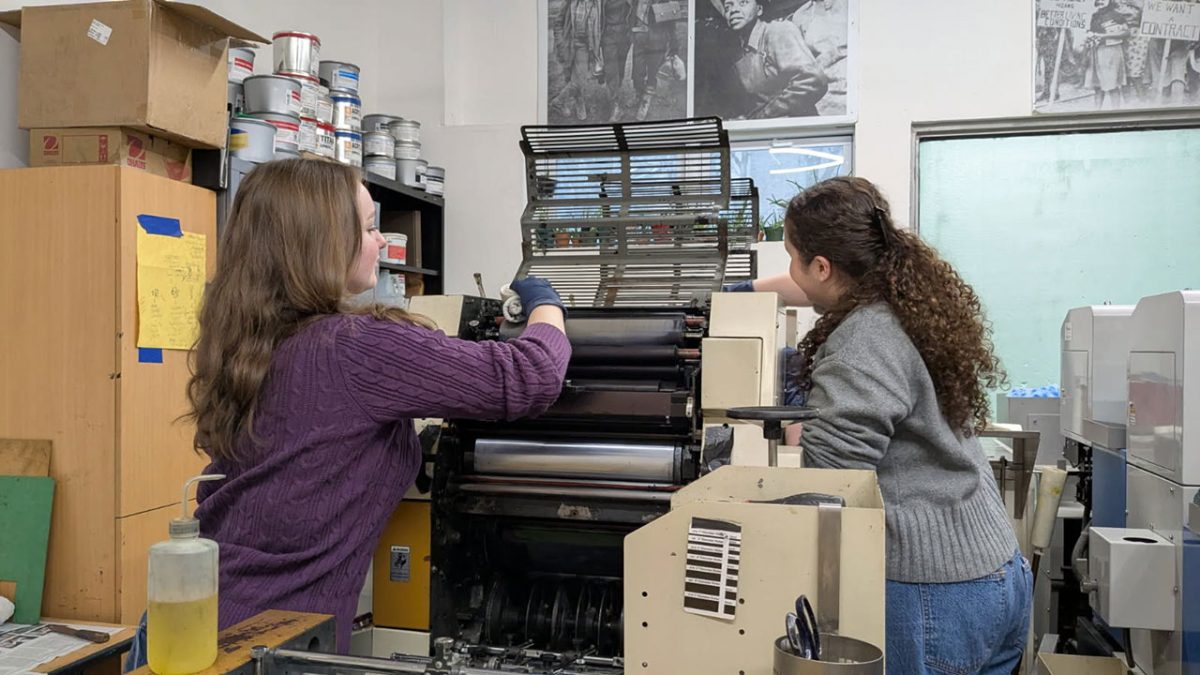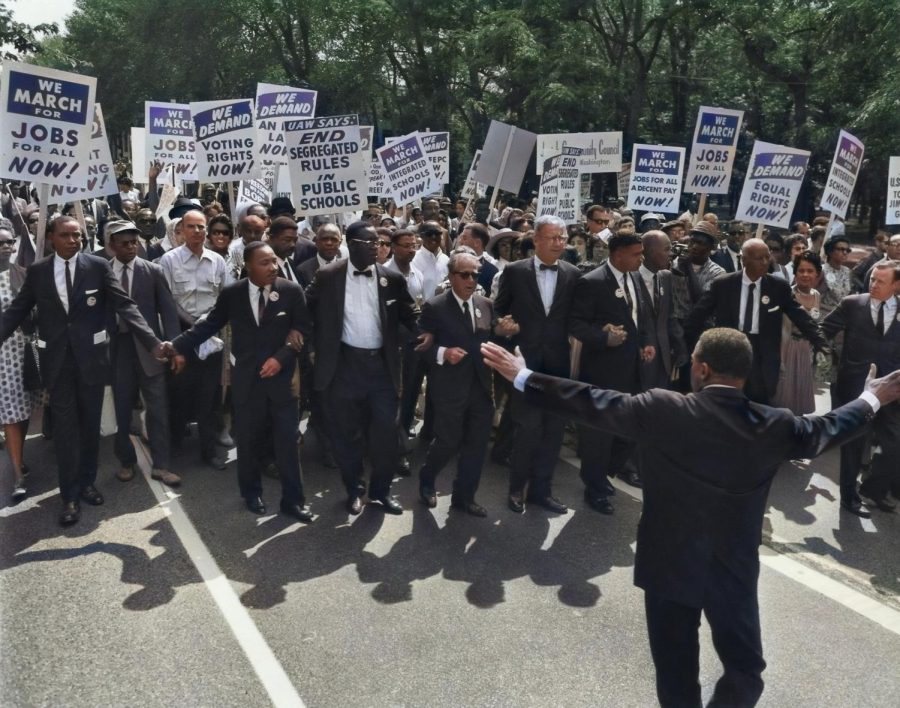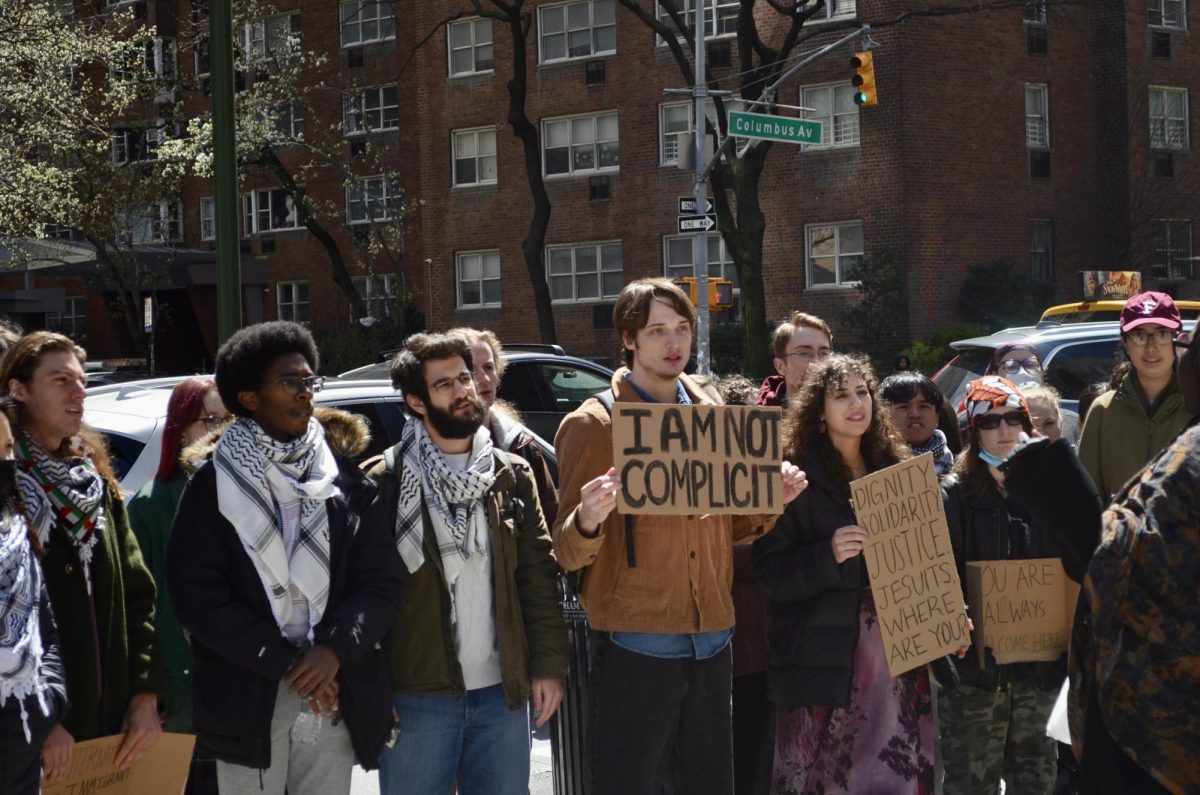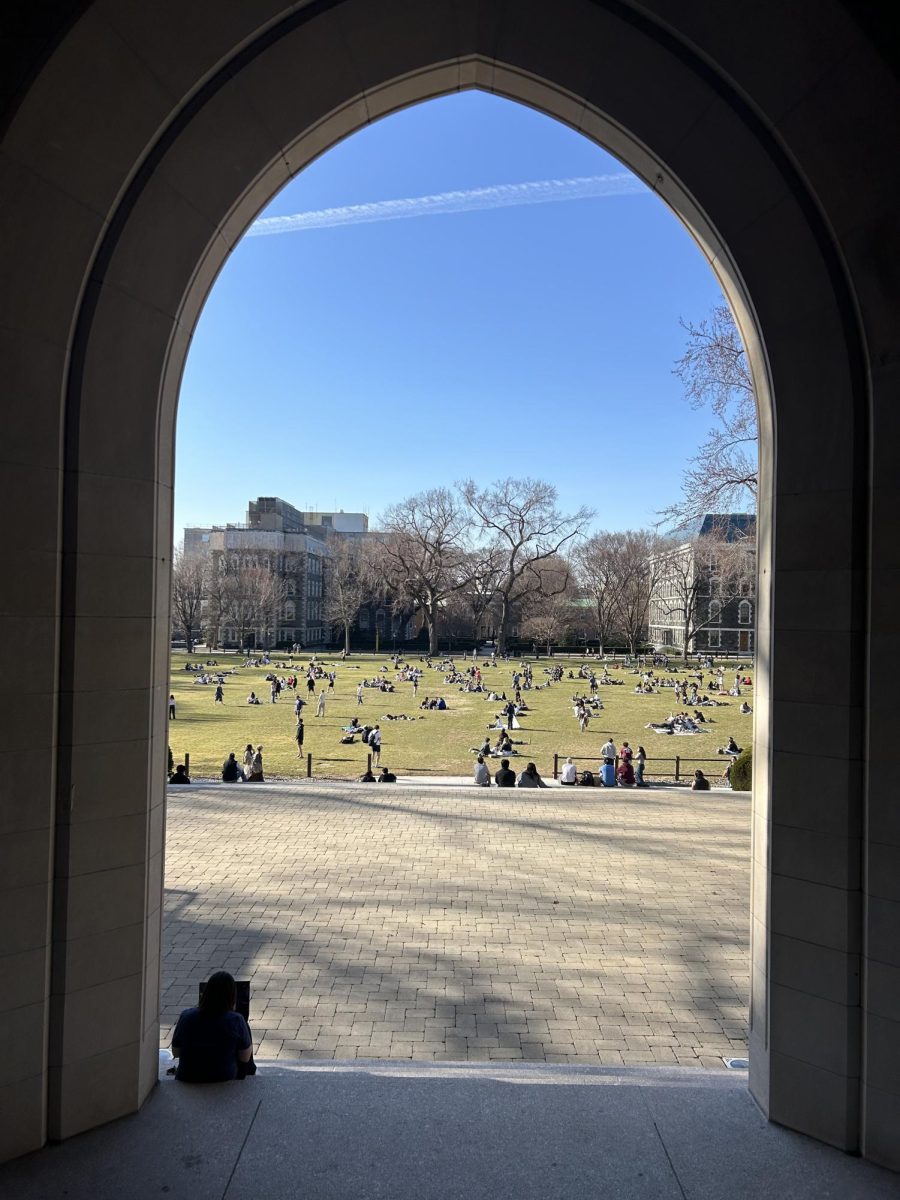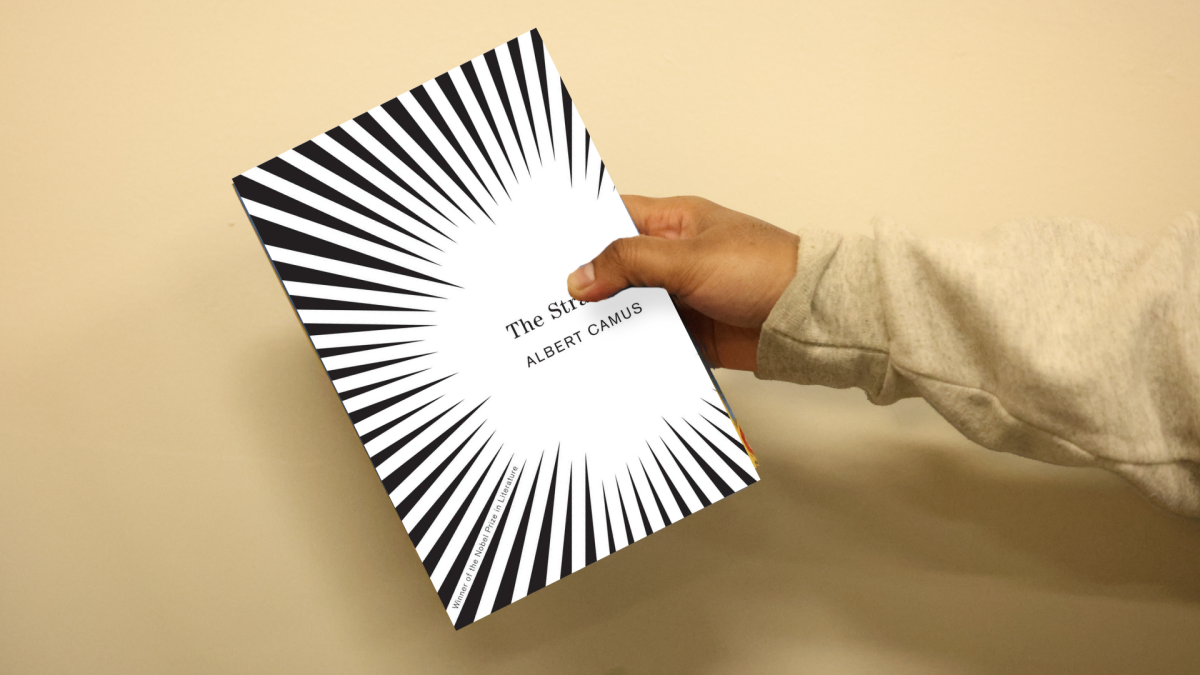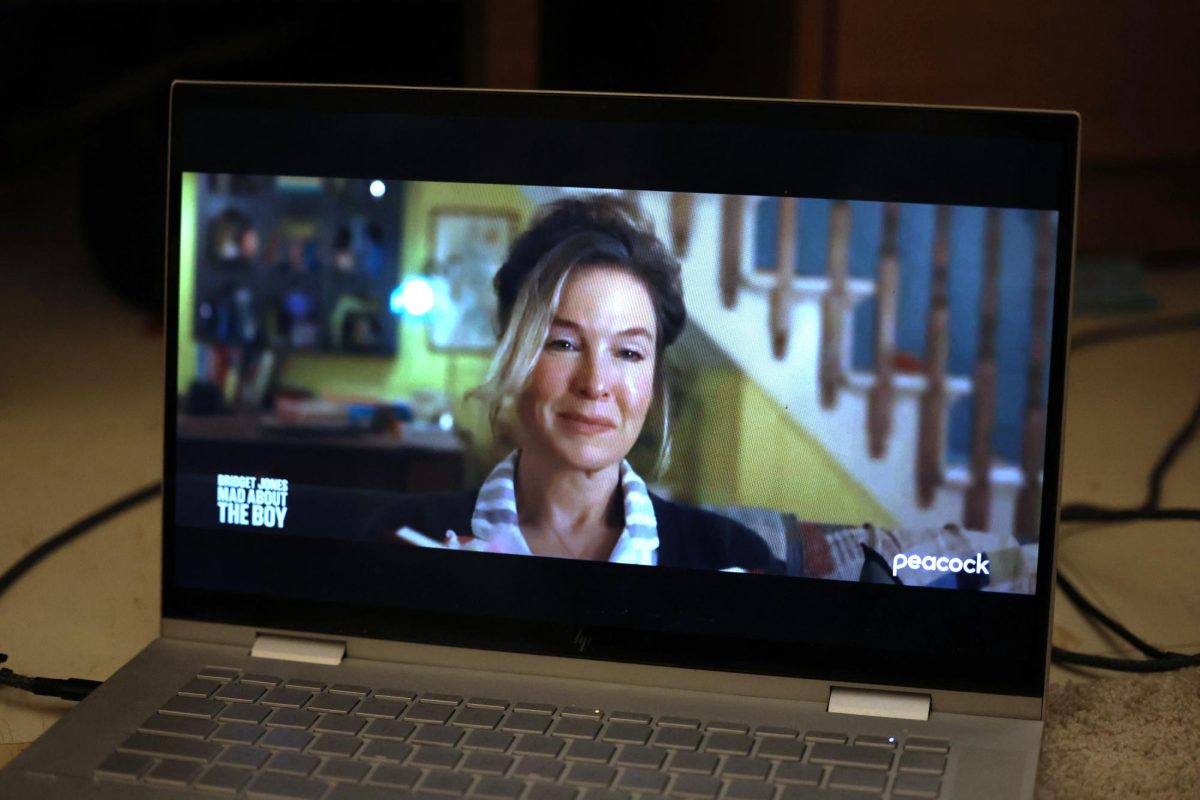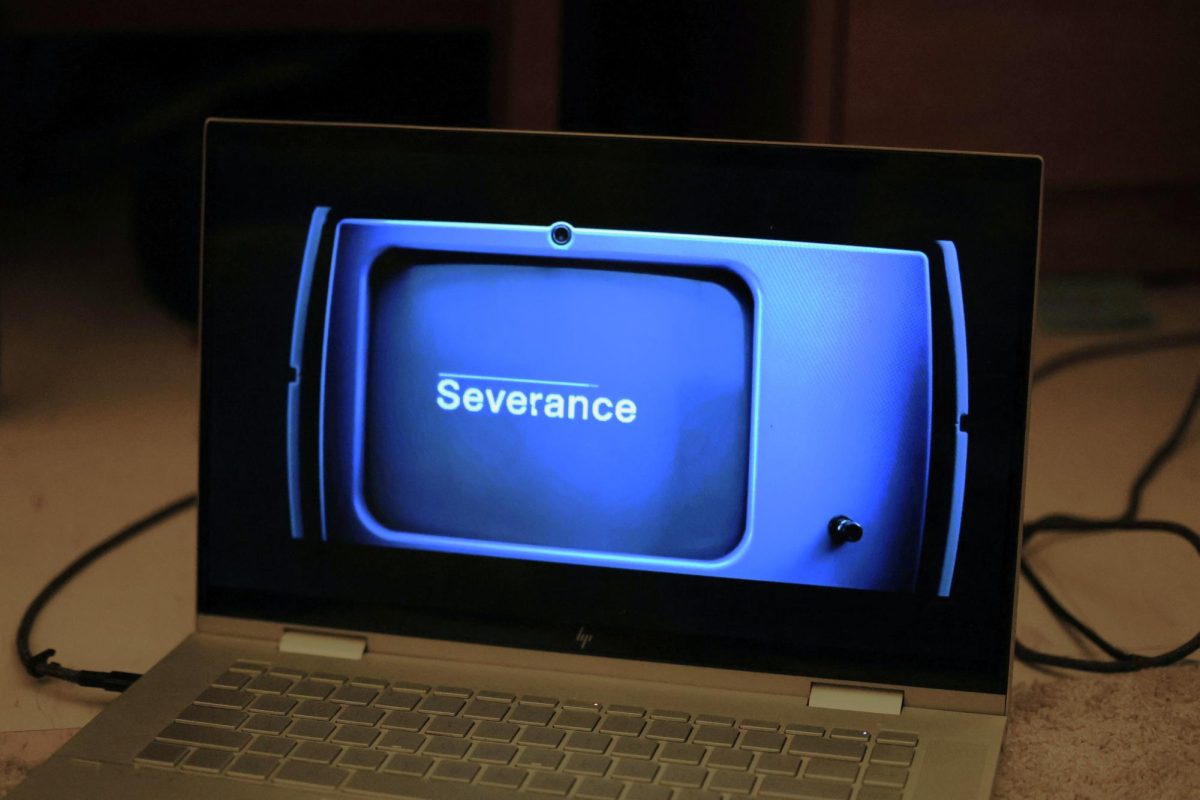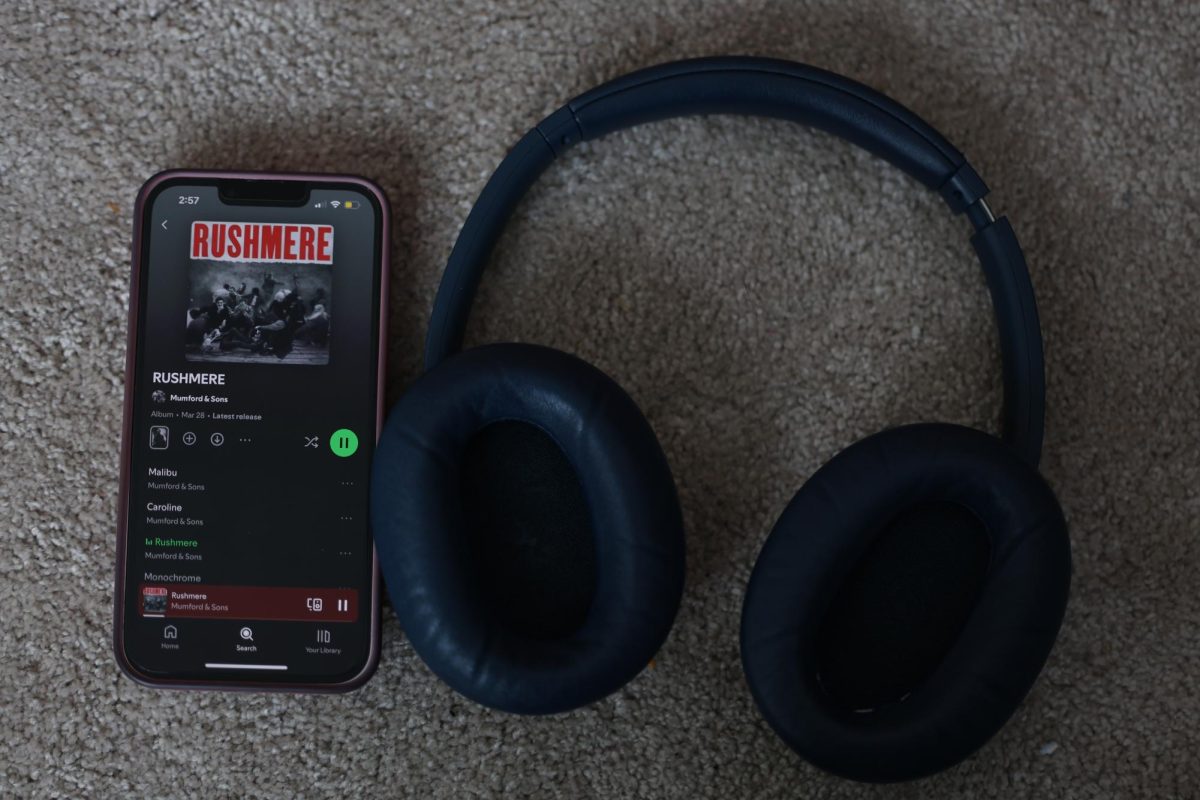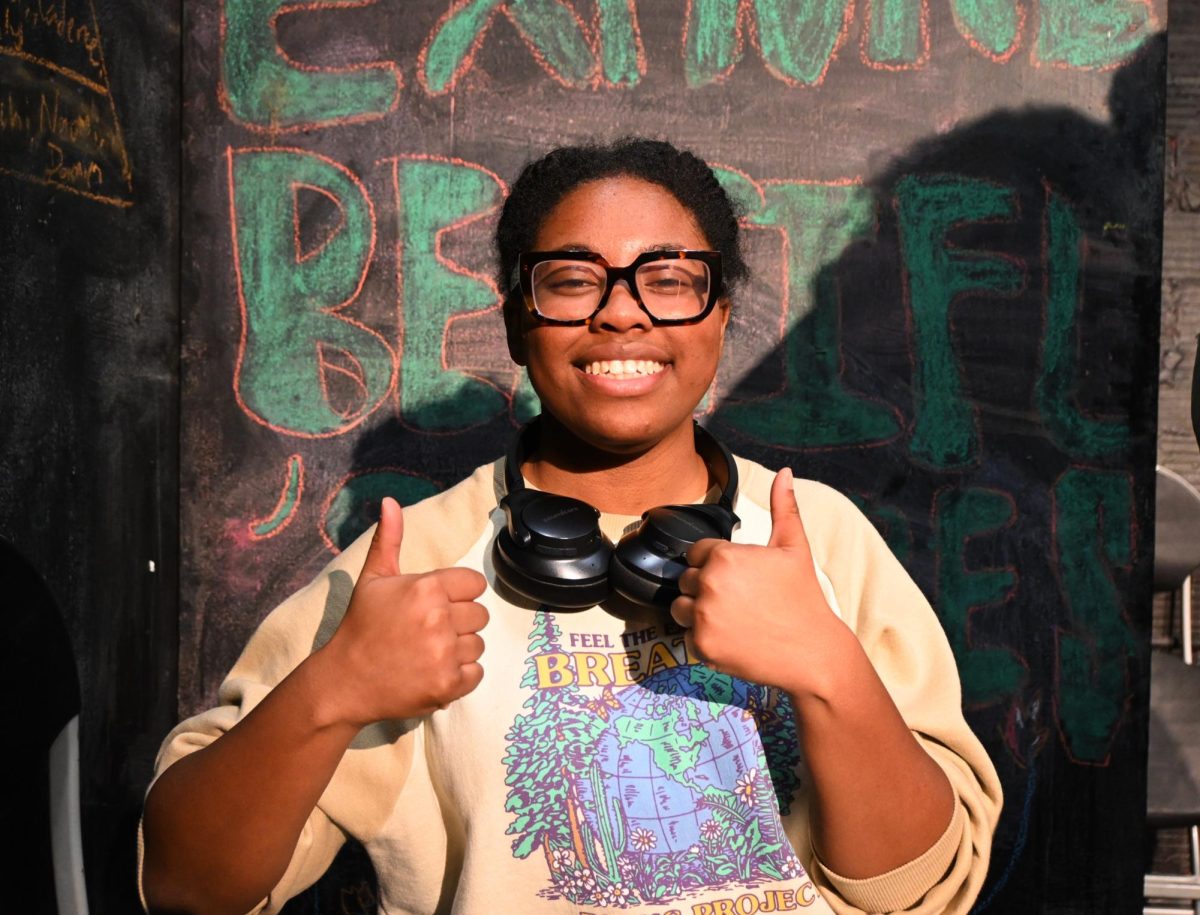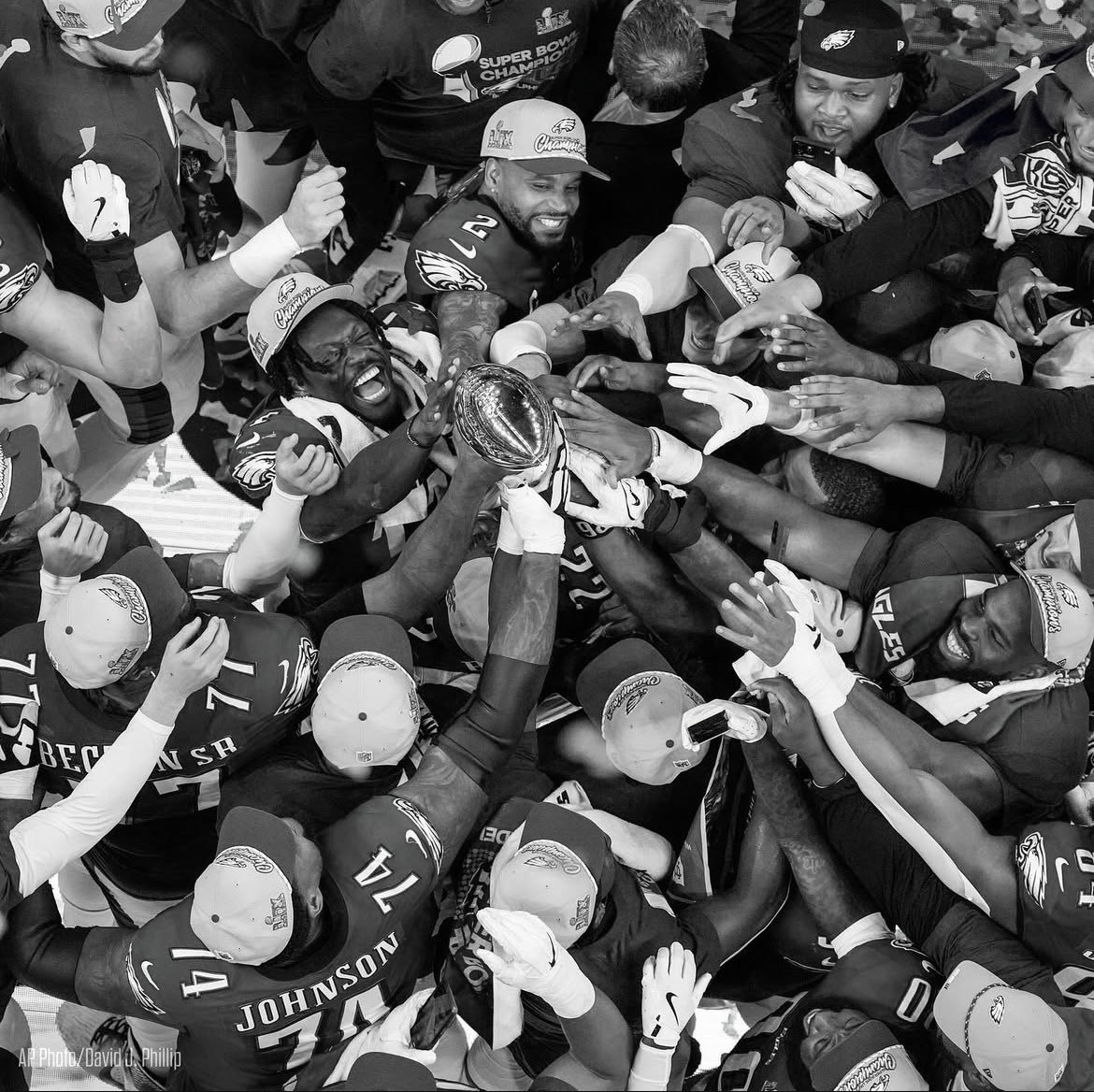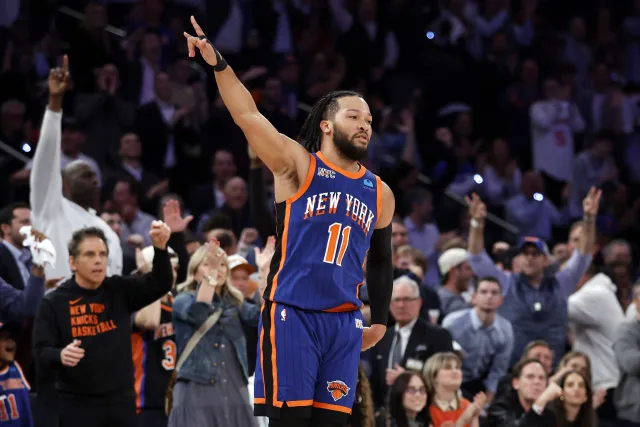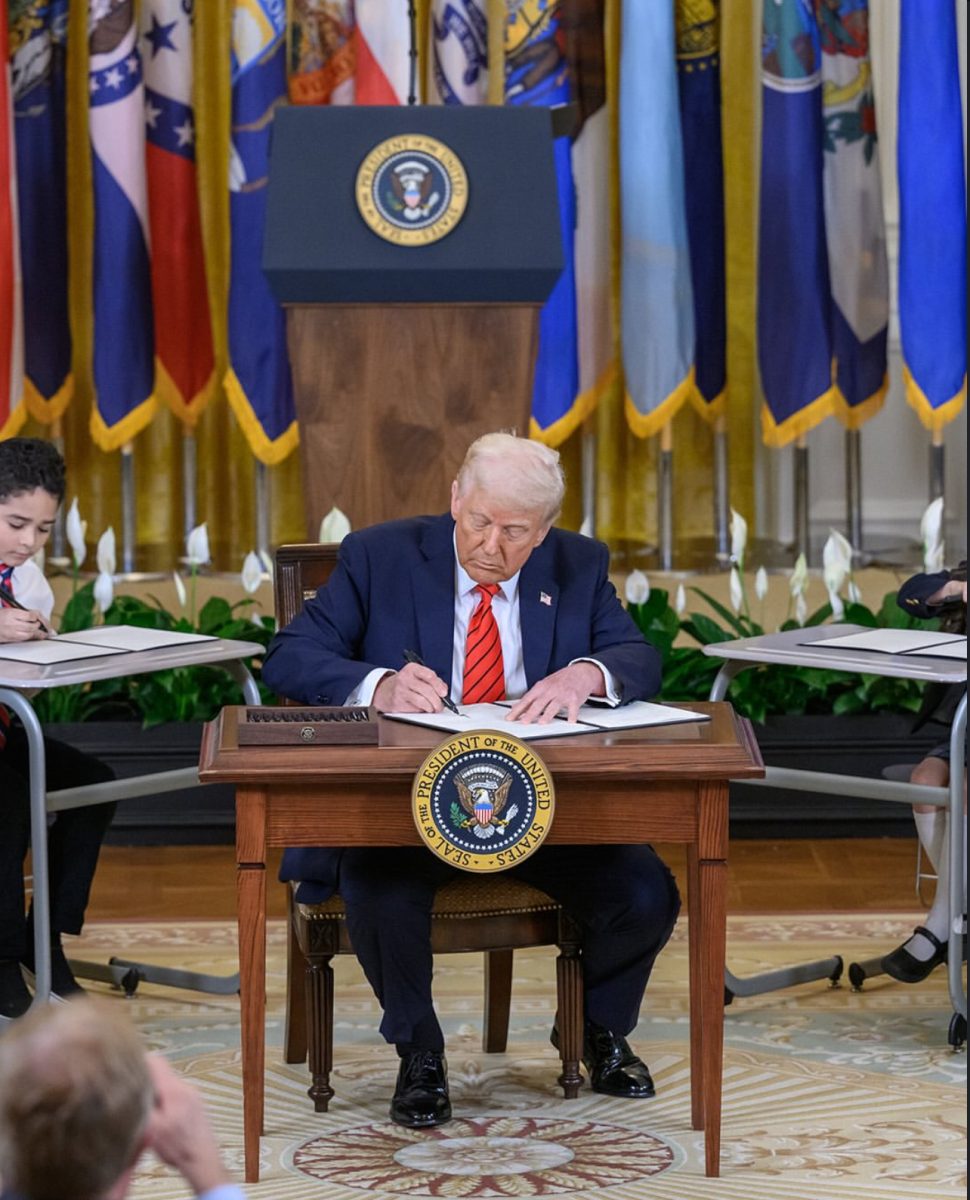It is the 21st century, and the conversation surrounding political and social issues has entered the online arena. It seems people prefer to discuss politics on Instagram stories and raging tweets rather than discuss it with peers. International issues are often boiled down to Instagram infographics, making people less likely to converse with their friends and family. These expectations to post about political issues online have become so extreme that they translate to celebrities. Celebrities usually get paid by sponsors or media platforms to create social media content. Yet, when they are doing so in times of political or social issues, they appear to be ignoring the problem. Creating social media content has become a part of the job for many celebrities, but it does not include activism or taking a social or political stance. As much as it is beneficial for celebrities to speak up on social issues in the way they find most convenient, they do not need to comment on international affairs.
It is hard to ignore the recent attacks in Israel and Palestine that have been going on for the past month. Every time someone opens any type of social media, someone is posting about it. News outlets keep covering updates on the attacks and protests that have been occurring around the world. Nevertheless, this is one of the most divisive issues that the world has seen, and it is worsened by the amount of misinformation regarding the conflict. An example of this is the explosion of the Al Ahli Arab Hospital in Gaza. As soon as the explosion that killed hundreds of sheltered Palestinians took place, outlets were quick to blame an Israeli airstrike. However, not long after, the Israeli Defense Forces blamed the explosion on a failed Palestinian rocket that was meant to attack Israel. Since then, many sources have been trying to find the truth behind this explosion, but the damage was already done as it increased the online hatred that Palestine supporters had for Israel and Israel supporters had for Hamas.
Celebrities’’ comments have been flooded with petitions for them to comment on this topic, but they should not do so if they are not sure of what is going on. Comedian Amy Schumer commented on the misinformation controversy. She supported IDF’s statement that it was a Palestinian rocket that hit the hospital and ended up facing loads of backlash for backing up Israel in this specific situation. However misguided, Amy Schumer’s experiences as a Jewish American give her a level of credibility to speak on the issue if she wants to. If her statements could damage her career, her PR team should stop her; but if not, she should be free to take the stance she has. However, urging other celebrities detached from the issue to speak up by constantly commenting on their posts should not be acceptable. Celebrities have massive platforms, and they have to use them wisely. Suppose stars feel pressured by people to comment when they are uninformed. In that case, celebrities risk spreading misinformation for the sake of taking a stance to favor the public, which has a more significant negative impact.
Misinformation is one of the biggest threats to this generation of digital media. The simplicity of social media activism and the lack of fact-checking are why this issue keeps growing. Social media activism is an effective and fast way to reach younger audiences that may need to catch up with the news about social or political issues. However, posts and infographics containing information about these issues should go through at least minimal fact-checking before they are massively distributed, and they should come from a reliable source. Having celebrities broadcast this type of information keeps increasing the misinformation crisis. Celebrities should comment on homophobia, racism and other social issues because they have a vast platform to speak on them, and these are issues that they and everyone face in their everyday lives.
However, international affairs are more complex issues that not everybody should speak on just because they have the platform to do so. It takes knowledge of laws, treaties and the history of the involved countries to completely understand an international affair, which a lot of celebrities lack. This is not to say that if they feel informed and want to talk about it, they should not because, ultimately, their platform is theirs. If a celebrity wants to speak on an international issue because they feel strongly about it, they should be allowed to do so. However, they should not have an obligation to fans who want to see their support to do so, especially if they need to learn more about the topic. Many celebrities did not attend college or even high school, so what makes them the right people to comment on international affairs?
It is hard to believe that a celebrity, or anyone for that matter, supports human rights violations, mass killings or bombings, terrorism or anything else that current international affairs involve. So why is it so important that public figures have a specific stance? The pressure from fans to post something about these affairs ends up pressuring them into reposting something that they might not fully understand or believe in, and it becomes counterproductive. Holding celebrities to these high standards that they will say the right thing and influence everyone who follows them is unrealistic as they are just regular human beings. This is not to say that they do not owe a responsibility to the platform they own, as it has the power to reach thousands or even millions of people. Yet, we, as an audience, have the responsibility to question those statements, acknowledging that they come from a celebrity and not an expert. Everyone is free to express their opinions on social media whenever they desire to, but they should always remember the audience their message is reaching. Still, celebrities do not need to express their opinions or take a stance just because they have a bigger audience.
Agustina Kohen Mangas, FCRH ’25, is a new media and digital design and communication & culture major from Buenos Aires, Argentina.




